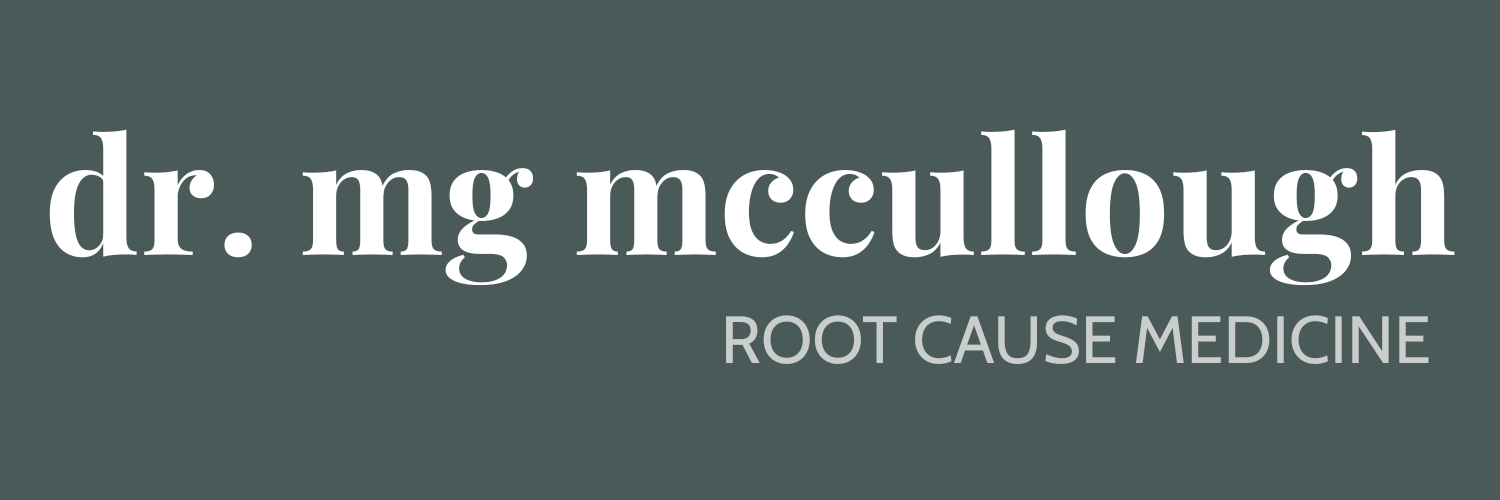Dry Needling: Would You Go To a Butcher For a Haircut?
I often get asked about dry needling--what is it, what does it do, would I do it, do I recommend it?
1. What is it?
Dry needling is a made up description of a deep needling acupuncture technique called trigger point needling.
2. What does it do?
Medical professionals not licensed in acupuncture use it to treat tight muscles by needling into the muscle itself.
3. Would I do it or recommend it?
No, and here's why:
Dry Needling certificates are granted to providers through courses that are sometimes as short as a weekend. The biggest concern for the public is that this is simply not adequate time to gain the experience to safely needle patients.
While relatively rare, acupuncture needles can cause pneumothorax (collapsed lung), but this risk increases with a practitioner who doesn't have adequate needling experience, as is the case with dry needlers. To put the lack of experience into perspective, an acupuncture student only having completed his or her first needling techniques class will have more hours of needling experience than someone with a dry needling certificate.
As a former Business Development Manager for a physical and occupational therapy company, and as a four-time (yes, you read that right) physical therapy patient, I have endless respect for what becoming a physical therapist requires, what the practice entails, and the results it delivers.
But a license to practice one form of medicine does not (and should not) be a license to practice all forms of medicine. For example, a cardiologist completes extensive training to practice medicine pertaining to the heart, but that does not grant him or her a license to also perform colonoscopies, even though s/he is an excellent cardiologist.
Despite the vast understanding of anatomy that PTs, MDs, and DCs have, many states have outlawed "dry needling" or rather, practicing with an acupuncture license--because this is what it is--due to the safety risks to patients. A weekend course is simply not enough time to learn how to safely needle a living patient.
No one goes to a butcher for a haircut, despite that they are trained to cut.
The best rule of thumb is that if you need acupuncture, see an acupuncturist.


